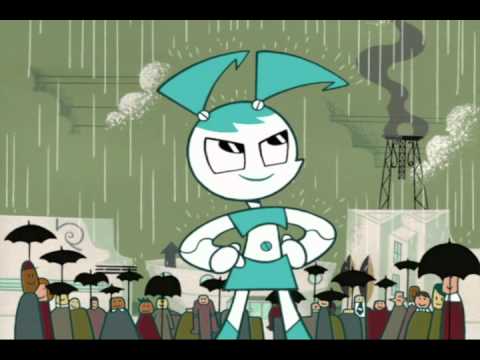Can you please describe some examples in light of rapidly advancing AI and robotics?
The CEO of Anthropic predicted that in about 1.5 years time, AI and robotics will be better than any human at anything that a human can do.
I am not endorsing or advocating this. My argument in this topic is primarily: children today are growing up while ‘feeling’ and experiencing this in real time, potentially hindering them profoundly to develop authentic and purpose giving dreams for their future, which in practice can be recognized in the ‘disconnected youth phenomenon’ in which children have difficulty to find purpose and meaning in school and work.
To protect humanity, it might be a big win for them when their ‘basic struggle’ disadvantage compared to any AI or robot is abolished from their future, so that at least they are given a fair chance to dream their way beyond imagination on their own terms, without feeling insignificant and value-less compared to what the ‘big guys’ (billionaire hackers, in David Chalmers his words) are doing as “Gods on Earth in their virtual simulated realities” (also Chalmers words).
While I understand and respect your arguments, I do not believe that people are fundamentally lazy and wasteful in practice.
When people are given an opportunity, they might amaze expectations.
Historical evidence that I cited earlier, might reveal that the impact would be for the better, from an intellectual advancement perspective. Times in which people saw periods of basic security correlated with times that saw ‘human intellectual flourishing’.
- Maslow’s Hierarchy of Needs Theory: This theory suggests that when basic needs (including food and safety) are met, individuals can pursue higher-level needs, including self-actualization and cognitive exploration. Philosophy falls into these higher-level pursuits.
Maslow’s hierarchy of needs - Wikipedia - Historical Evidence: The emergence of complex philosophical thought often coincided with periods of relative stability and prosperity in ancient civilizations like Greece, China, and India.
- Cognitive Surplus: As basic needs became more secure, some members of society had the mental energy and time to engage in abstract thinking and contemplation, which are fundamental to philosophy.
Examples Supporting the Assertion
- Ancient Greece: The Golden Age of Greek philosophy (5th-4th centuries BCE) occurred during a time of relative peace and prosperity in Athens, where citizens had their basic needs met and could engage in intellectual pursuits.
- Ancient China: The Hundred Schools of Thought flourished during the Spring and Autumn period and the Warring States period (770-221 BCE), a time of political stability and economic growth in many Chinese states.
- Islamic Golden Age: This period of great philosophical and scientific advancement (8th-14th centuries CE) coincided with economic prosperity and political stability in the Islamic world.
The UBI will not change anything in this regard, but it will give children (in general, as a culture or generation) a fair chance to dream themselves as part of the future because they simply cannot stand a chance when they need to compare themselves with robots that are a million times stronger, faster and more intelligent than them.
Children do not use an analytic mind but rather need to feel themselves as part of the future authentically. They need to be able to dream their future.
My argument: it must be prevented that children must admit that their organic existence is a burden and disadvantage compared to AI and robotics. This can be done by enabling children to exist by their own dreams, by abolishing the ‘dumb’ struggle requirement which is simply not socially rewarding anymore when AI and robotics can do the work.




